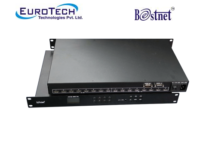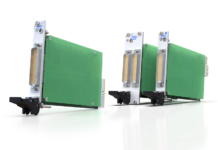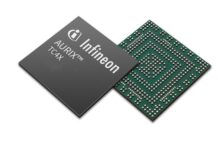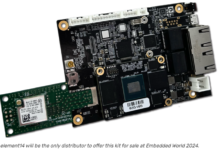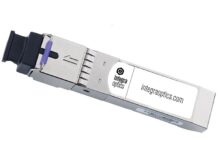
Renesas Electronics announced the development and successful operation verification of an automotive test chip as a technological stepping stone toward the realization of next-generation automotive-control flash Microcontrollers (MCUs) employing a 28 nanometer (nm) low-power process.
The MCU features four 600 megahertz (MHz) CPUs with a lock-step mechanism and a large 16 MB flash memory capacity, as well as:
- Virtualization-assisted functions enabling MCU virtualization: This technology allows multiple software components to run on a single MCU without interfering with each other, thereby satisfying the requirements of ASIL D, the highest automotive safety integrity level specified under the ISO 26262 functional safety standard for road vehicles.
- Enhanced built-in self-test (BIST) functionality for MCU self-diagnostic fault-detection necessary to implement ASIL D, thanks to a newly developed standby-resume BIST (SR-BIST) function that is executed during the standby-resume period.
- Enhanced networking functionality, including Gigabit Ethernet interface for high-speed transfer of sensor information.
Renesas will present the test results in the session, “A 28nm 600MHz Automotive Flash Microcontroller with Virtualization-Assisted Processor for Next-Generation Automotive Architecture Complying with ISO26262 ASIL D,” on February 18 at International Solid-State Circuits Conference (ISSCC) 2019, February 17-21, 2019, in San Francisco.
New electrical/electronic (E/E) architectures are driving demand for the integration of multiple electronic control units (ECUs) into single ECUs that support multiple functions. Achieving this level of integration requires higher performance, reduced power consumption, and large capacity flash memory. Automotive MCUs are also challenged with the requirements of running software components with varying safety integrity levels simultaneously and without mutual interference. In addition to requiring software independence, automotive control demands real-time responsiveness. To meet these next-generation requirements, Renesas has developed new technologies led by virtualization-assisted functions for automotive-control MCUs, as demonstrated in the new test chip.
For more information Click here




